We’re excited to introduce you to the always interesting and insightful Hunter George. We hope you’ll enjoy our conversation with Hunter below.
Hunter, thanks for joining us, excited to have you contributing your stories and insights. Can you talk to us about how you learned to do what you do?
I started my music pursuit when I was 17 years old and have continued to evolve & hone my skills for the last 18 years. Early on I did not know how songs were created & recorded and would watch the Music Videos or behind the scenes clips with the giant consoles and had no idea how, coming from a small town like Reno Nevada, I could find myself in those rooms. I thought the best way to produce music was through DJing. This was during the Hip Hop Sample craze. I was studying producers like Dr. Dre, Kanye West, J Dilla, JJ Brown, DJ Premiere, Etc. and I had inherited a large collection of vintage vinyl from my grandparents that I was combing and writing down in a notebook all the times where I heard something interesting, or sampleable. I acquired a turntable set through working as a sheet metal fabricator. After a lot, a lot of practice at home I was finally able to convince someone to let me DJ at a nightclub called Club Underground. I was only 18 and it was a 21 and older club. and I was supposed to do a Breakbeat set. (I didnt know what breakbeat was) So I just did an eclectic mix of Upbeat hip hop and some oldies. People seemed to like and respond to my set. I ended up getting a residency at the club for a few years and did some massive shows there for a few hundred people opening up for Del The Funky Homo Sapien, and Bass Nectar to name a few.
However I realized that this was not Producing, so I was eager to have someone teach me the ropes to learn how to CREATE songs. (Keep in mind this was an era where there was no Youtube to watch tutorials.) I decided to take college courses on Music Production and Piano fundamentals. I was feeling like the course curriculum for the Music Production class was not very comprehensive and really not well informed. So I finally found a person that made music on an MPC4000 and he was gracious enough to have me come over and watch his process. His Name was Idol Hands. I was hooked and started coming over every saturday. I began to want to be someone who could contribute, so I decided I wanted to get good at piano, (Having played when I was younger) so I began practicing piano for around 3-5 hours per day. Over the course of that year I became more confident in my abilities and started to try and play keys on the beats the Idol Hands were creating. And i started to develop the skills to be able to play by ear on chopped samples that were being cut.
Over the year we became production partners and grew into starting to compete in Beat battles and have our music face immediate judgement by the crown and the judges in competition with other talented producers head to head. This gave us SO much feedback. and made us take an objective look at out music and how we could create exciting beats going forward.
After about 4 years I was feeling like our music was next level, but wanted to go even further. I decided to move to LA to make headway in the big market. with little to no resources or connections I packed my things in a Uhaul and moved out here. and realized quickly that I was out of my league and would need to start over. I still knew there was more to making producing music, so I began to seek mentors and also most importantly I enrolled in the Los Angeles Recording School and that is where my journey begins to truly learning the craft. It was important for me to learn all I could about sonics, and signal flow, and foundations of sound. so over the course of the next 2 years I went into a crash course on Sound Engineering. I came to realize that all the things I did before were out of Passion, but by accident. It became clear when visiting certain studios that I couldn’t even get sound out of the speakers at some places without help. Once I embraced the journey through being adamant about the craft I started to liken it to a trade similar to an electrician or a carpenter. First you are an apprentice and you learn through school or on the job and are taught by masters, or journeymen.
Then after school the true journey began to apply the foundations I learned into practicality. and over the course of 10 years of music creation you become more of an alchemist of executing ideas. as opposed to accidentally stumbling upon brilliance inconsistently. and I think that is the difference if the pursuit of Mastery of Craft. I think we all stay learning new ways to accomplish sonics and no one ever truly “Masters” the craft, but I think the Alchemist can certainly ride the bull longer.
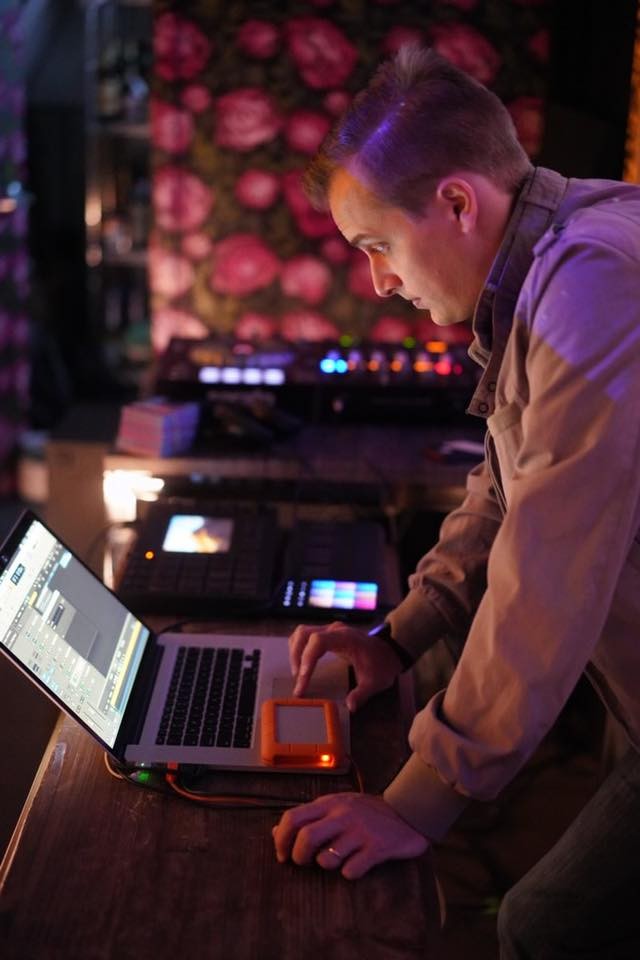
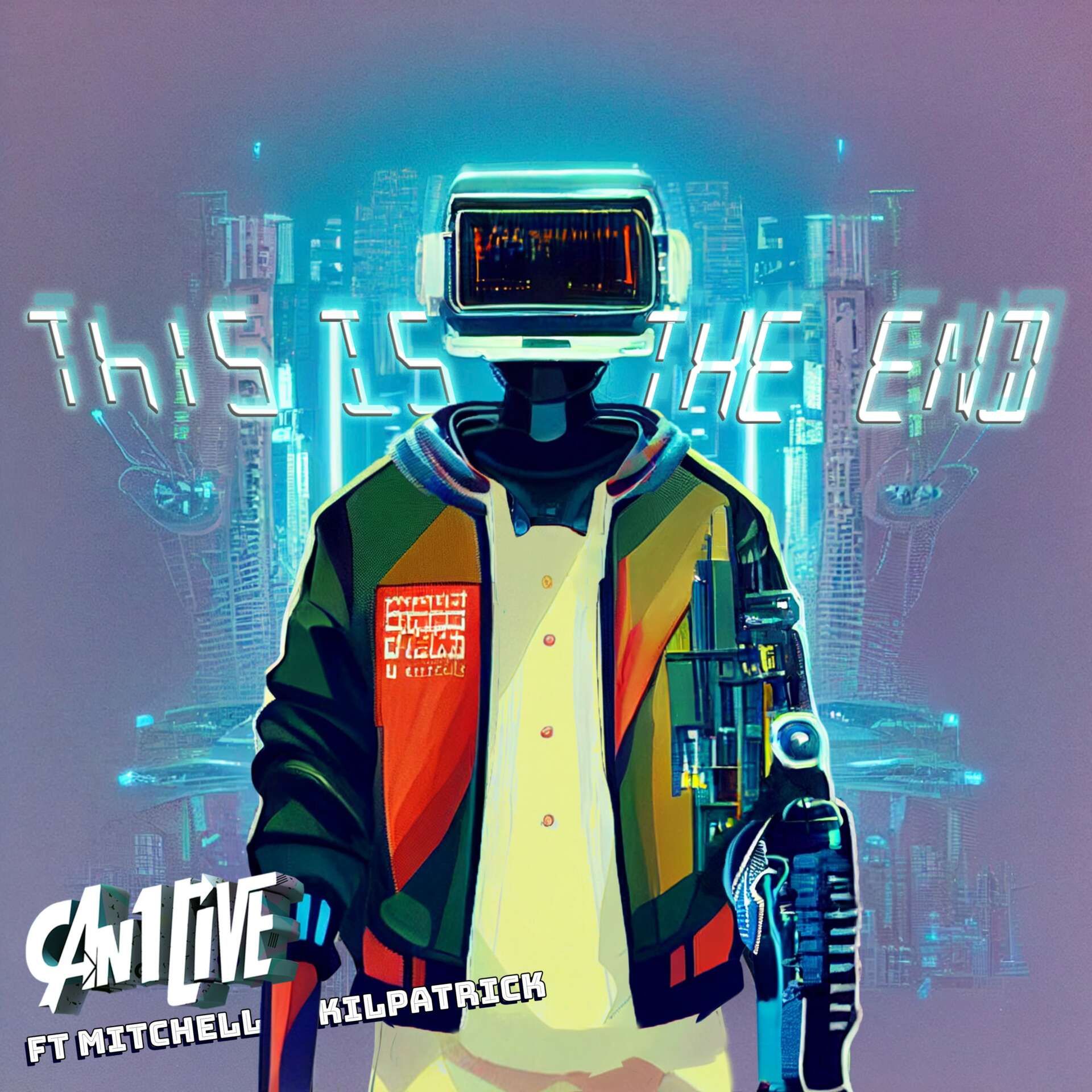
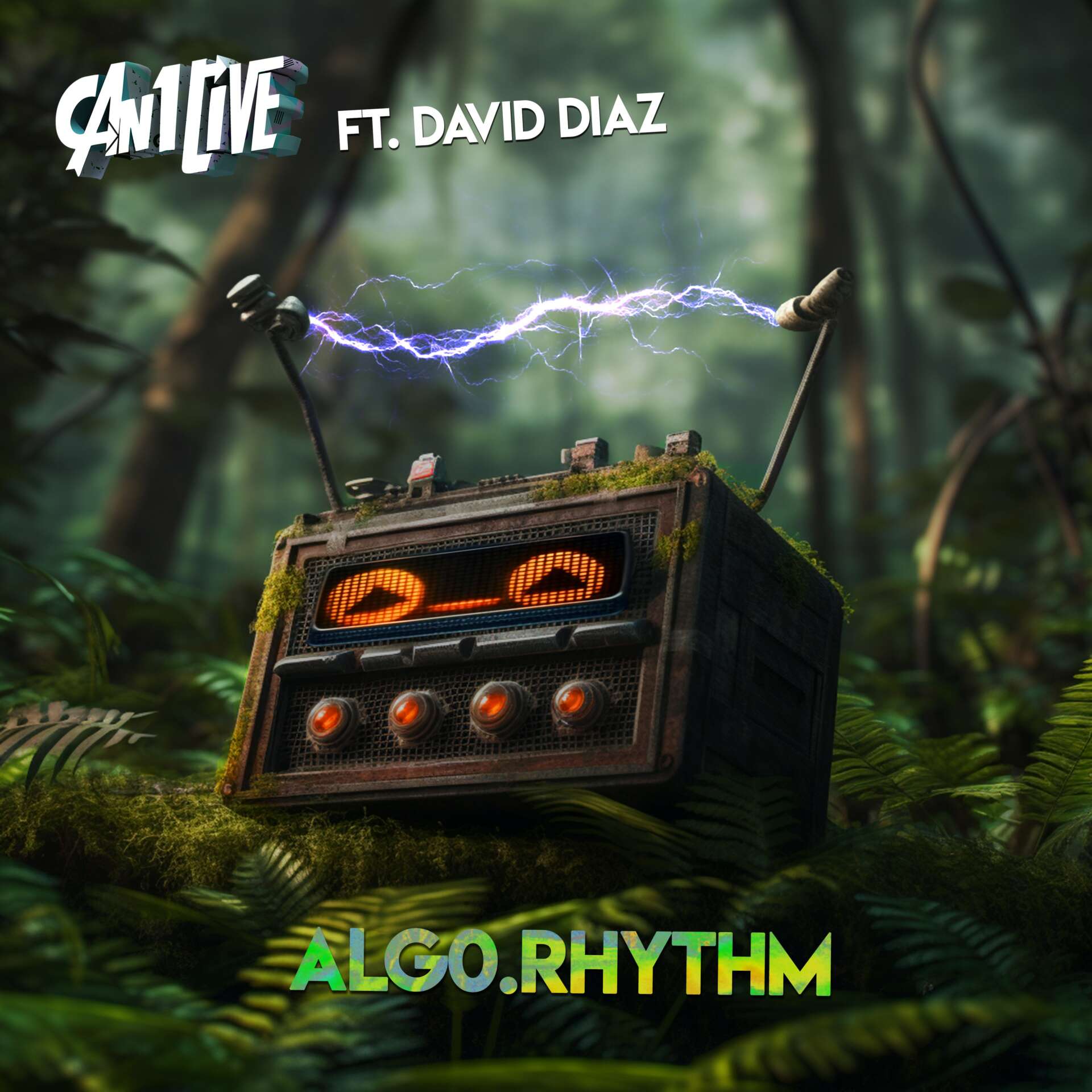
As always, we appreciate you sharing your insights and we’ve got a few more questions for you, but before we get to all of that can you take a minute to introduce yourself and give our readers some of your back background and context?
Dovetailing off my early journey I met a few folks early on in my career that would prove extremely helpful as mentors and now longtime friends that were gracious to help me along to crack into the business. I post college I started working with Composer Christopher Lennertz, Chris is a prolific film/tv/game composer and is most known for his work on “The Boys” on amazon and “Lost in Space” on Netflix, as well as popular animated blockbusters like “Trolls” & more. being exposed to his way of doing business early on was equally inspiring and humbling and intimidating.
From being a kid making beats in a kitchen space in Reno NV to standing on the Barbara Streisand scoring stage on the Sony Pictures lot, while 100 musicians and 20 film music professionals are standing at the ready to sight read an unreleased film all working in unison to deliver excellence. This really shaped the vision for how I needed to elevate and evolve my sound and business operation. I put my head down and just tried to be a person of service and soak up as much knowledge as I could without getting in the way. It was as if I was on the bridge of the Starship Enterprise.
Cut to 10 years later and I have been blessed to somehow stay in this business and work on a number of Film/TV projects in Film Music & Music Supervision. A few really generous minds such as John Houlihan and Jonathan McHugh (and Many More) have given me countless advice and invited me to work on many of their projects. And have accumulated a wealth of career knowledge from legends in the craft.
Currently I am heavily involved in Executive Music Production & Music Supervision while also building a roster of extremely talented Songwriters, Artists, Music Producers, Engineers, & Instrumentalists to create songs for the purpose of special music moments in Film/TV but more importantly the emerging mediums such as Games/immersive/metaverses/& beyond.
I am focused on accomplishing a Pop viable sound working with award winning talent while also being budget conscious. Also Translating the Language of Film Music to Artists working primarily speaking the language of record business.
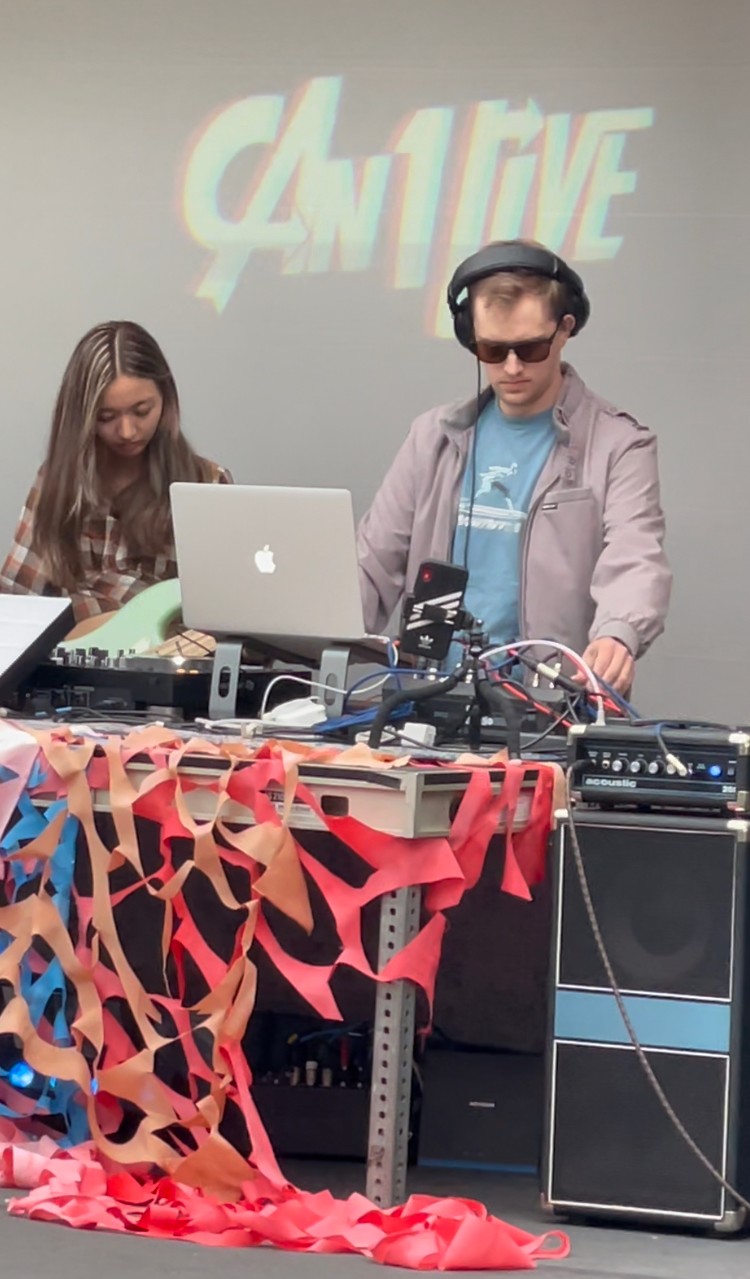
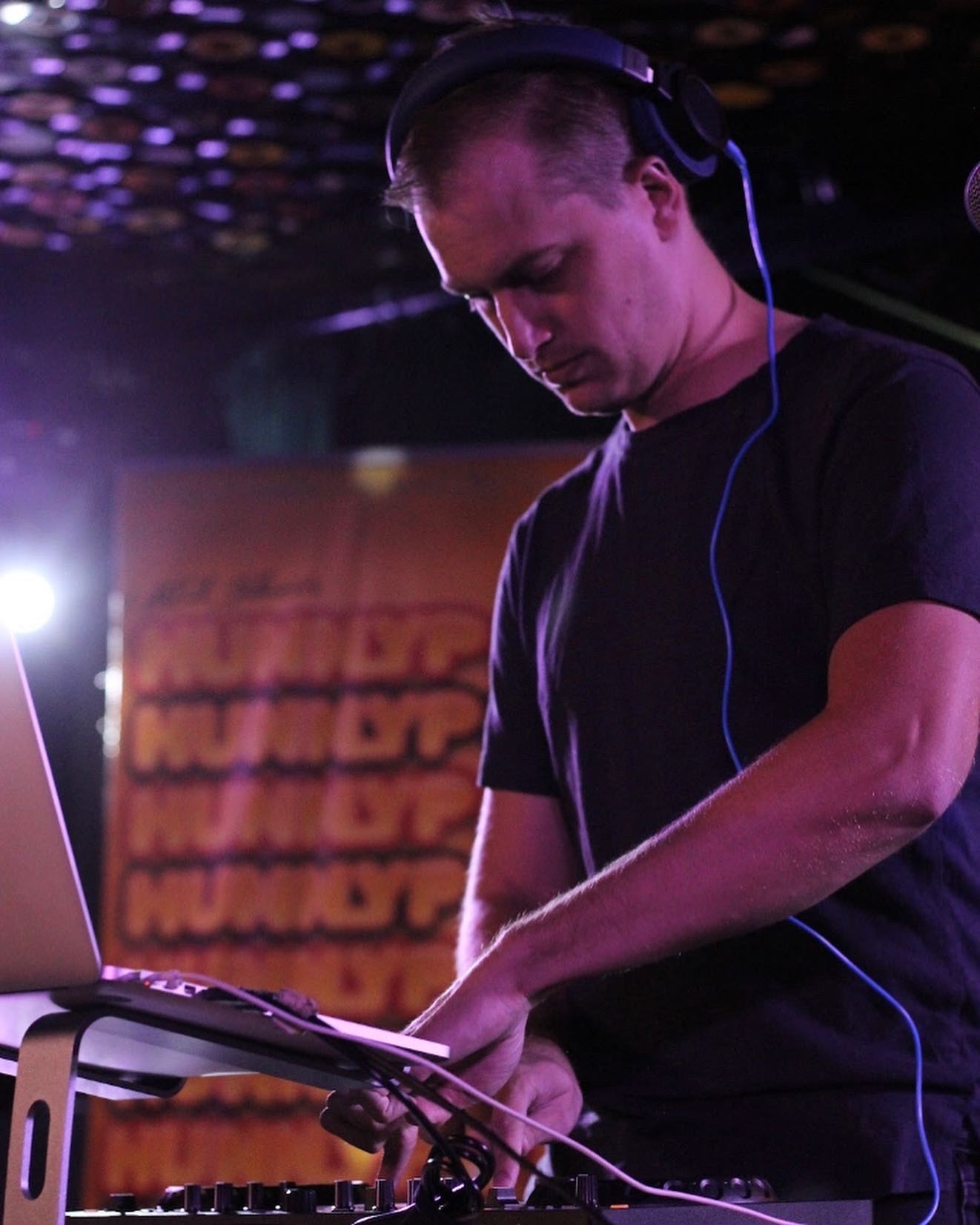
Can you share your view on NFTs? (Note: this is for education/entertainment purposes only, readers should not construe this as advice)
I think NFT is a bit of a dirty word at the moment. Lots and lots of confusion, bad actors, & bad press have made it a bit of a controversial topic. However, the concept and implications of selling and buying digital collectibles and Artists being able take control of getting art and projects out to the communities that support them could and will transform the artist/fan accessibility and will provide so many new creative ways for folks making art to engage with their fans. and reward the longtime supporters.
The influx of Streaming and the label systems are long sucking away any profit, dollar by dollar and it is extremely hard for 90% of creatives to make a menial living off their art. Algorithm based social media is also making it near impossible for the same artists to even get their work out into the world or even to the people that follow them and WANT to see their content.
With the new frontier of “NFTs” or “metaverse” I believe we can actually build a special relationship with people who are passionate about the things we make, and incentivize them to keep in touch and stay engaged. Certain digital collectibles have a utility where brands can offer discounts and free product in association with the holders of their NFTs or tokens.
I am hearing a lot of similarities in narrative to the folks in the mid 90’s that were up in arms about “You’re gonna put your credit card on the internet?!”, “I don’t do computers”, “The internet is a bubble”, “The Internet is taking our jobs”. It all sounds the same to me and I think we don’t call it the World Wide Web any more, but its just evolved to integrate and work relatively seamless with our lives. All the first businesses of the early internet may have failed and/or were absorbed, but the early pioneers that embraced the change are all competing to send people to Mars now.
I think for me its just recognizing what will work and what will naturally evolve or die off as these new frontiers are emerging. As long as artists arent lazy and apathetic about how they push into the new frontier some really compelling/immersive works can be done through the lens of NFTS or Metaverses.
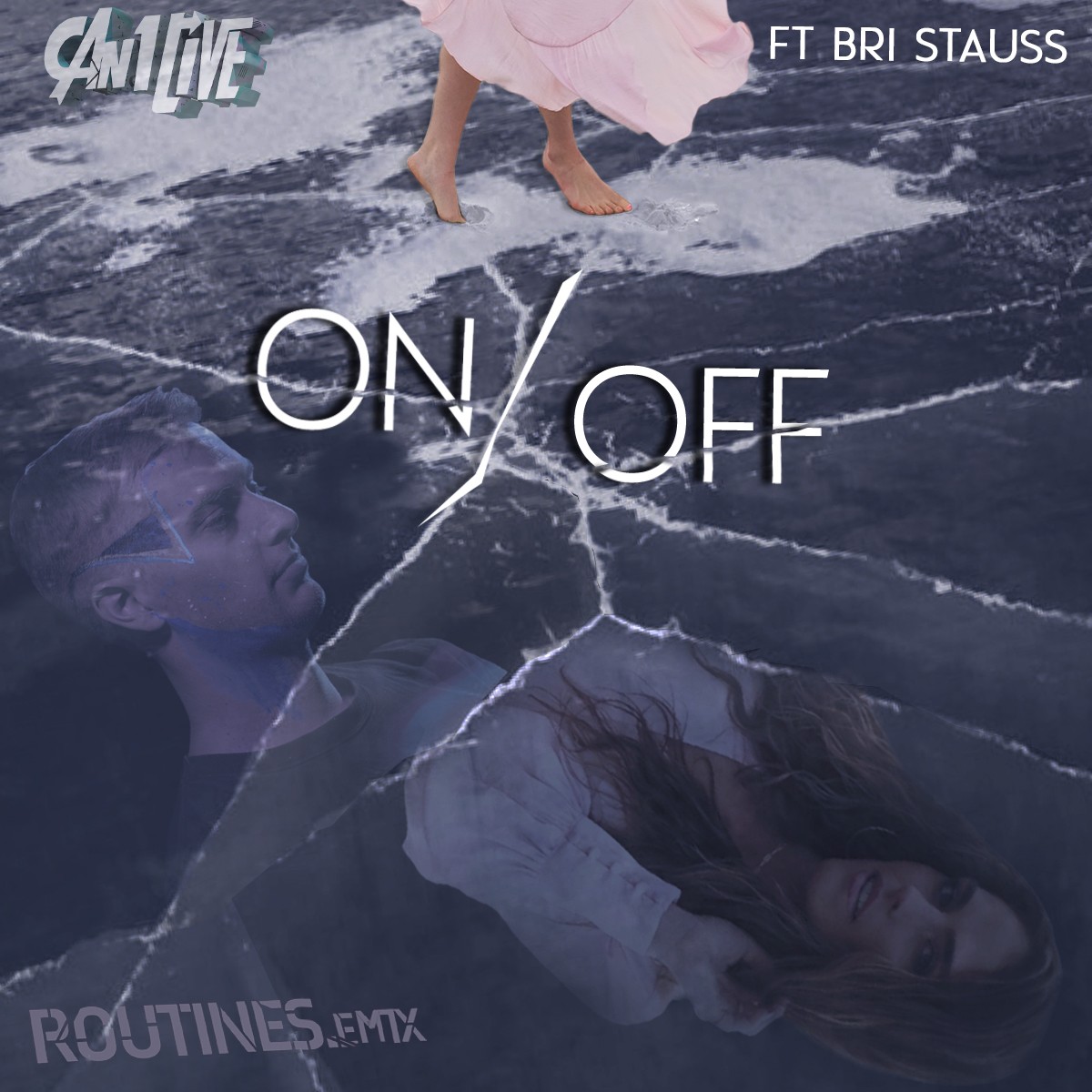
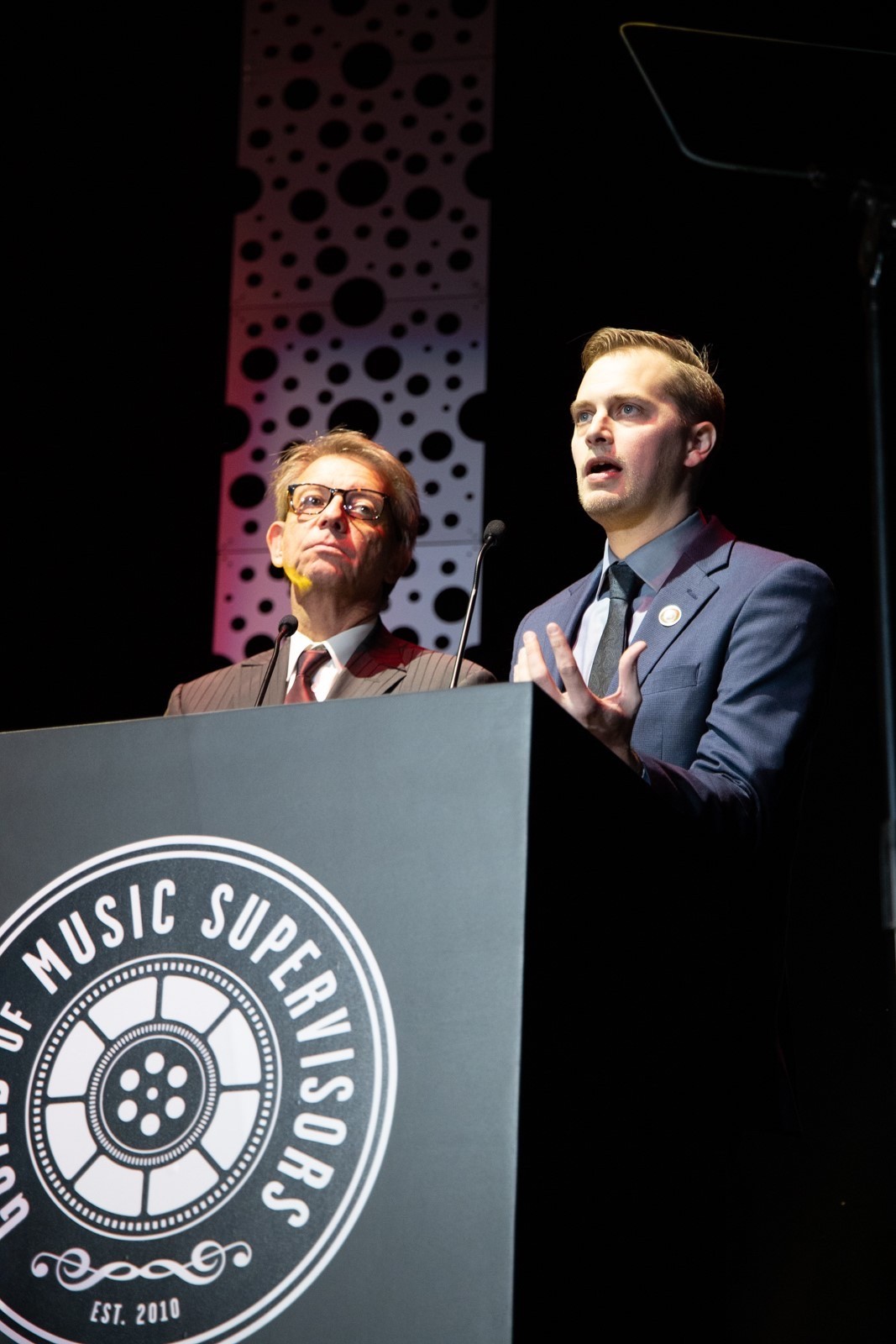
Do you think there is something that non-creatives might struggle to understand about your journey as a creative? Maybe you can shed some light?
This is an interesting topic as we are currently experiencing the SAG & WGA Strikes, which inevitably have halted the work I do. Coming from a Blue Collar town and a blue collar background, I had always heard from people around me that creative works as a career are on a fools errand, or privileged, or unrealistic. and with that same group I am hearing a lot of “oh I feel bad for you and your millions of dollars”. or “Oh wow you must make a lot of money doing what you do”
Having spent many years in LA and Hollywood, and working in and out of entertainment I find much of the happenings to be pretty silly, but what remains true is that a VAST MAJORITY of the people working on top projects are making less than poverty level and working insane hours overtime day in and day out.
Many of the union folks are much like the people that I worked with when I was working in Sheet Metal Fabrication, or Car Sales. Good folks trying to scrape a living.
The main thing that I would hope non creatives to have is empathy for the work we do. When they come home from a day of doing the real HARD WORK to help our cities run, & doing great works, that they can relax and enjoy the entertainment we bring to their homes. They can share and bond with their families over. Whether epic blockbusters, or mindless reality television. The work that goes into creating these projects is equally painstaking. And most of the people that do this difficult work are just trying to make a simple living for pursuing their passions.
While I am very aware we aren’t Doctors and saving lives, I think a world without entertainment would have a big impact on mental health and people unplugging from their stressful lives.
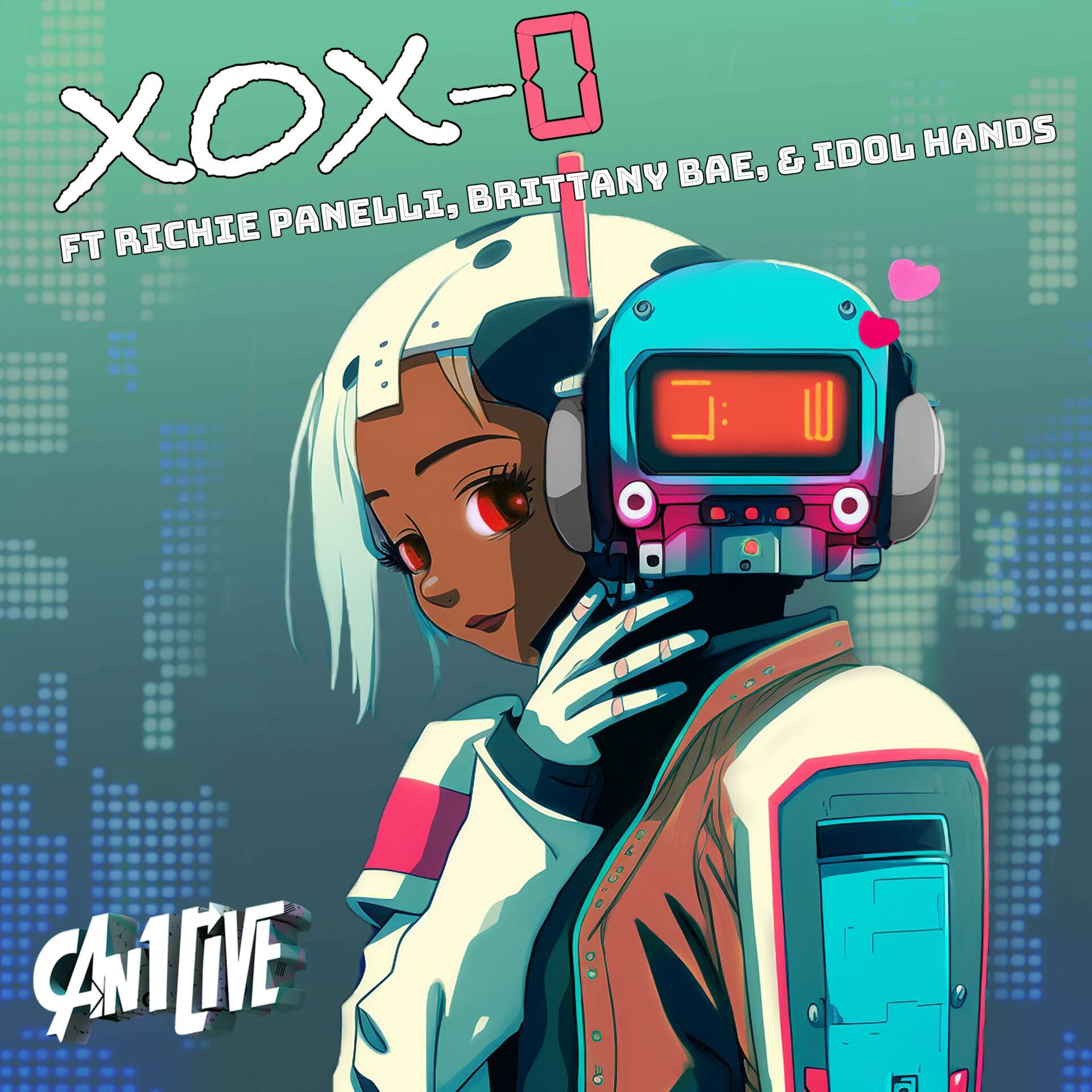
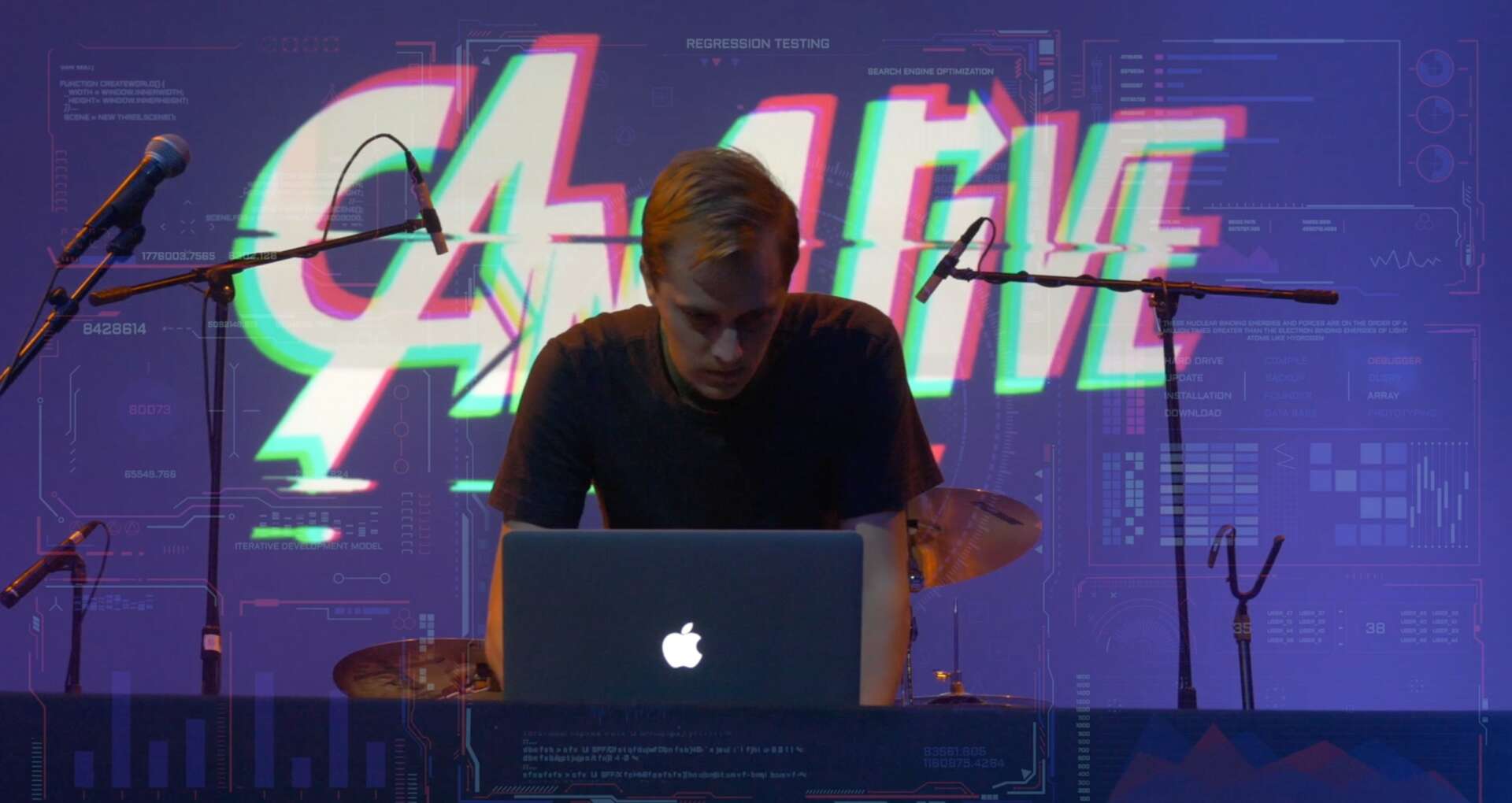
Contact Info:
- Instagram: www.instagram.com/can1live
- Twitter: twitter.com/can1livela


